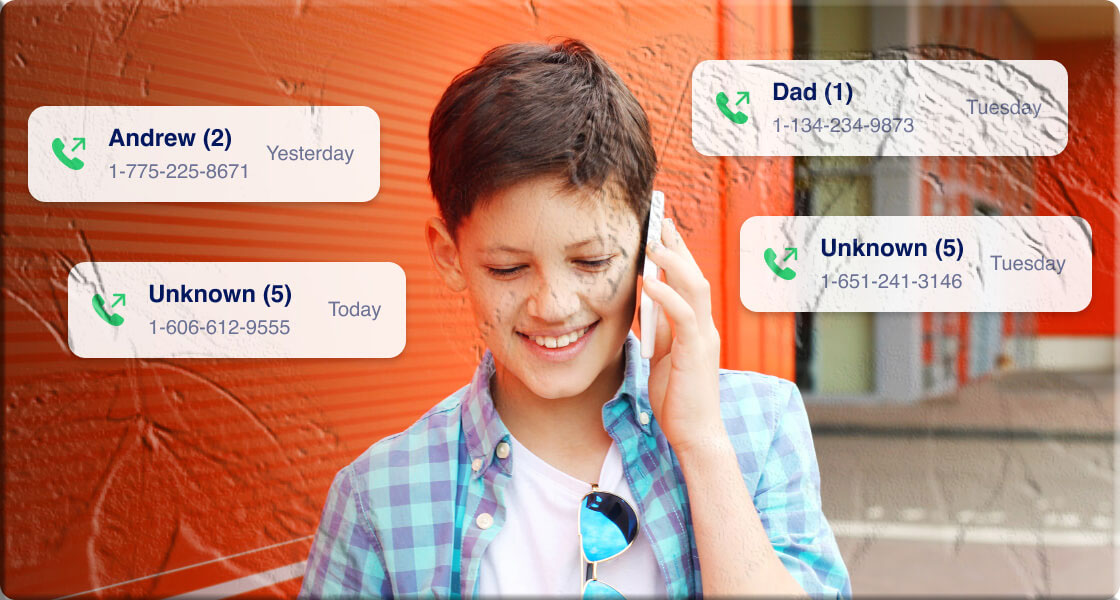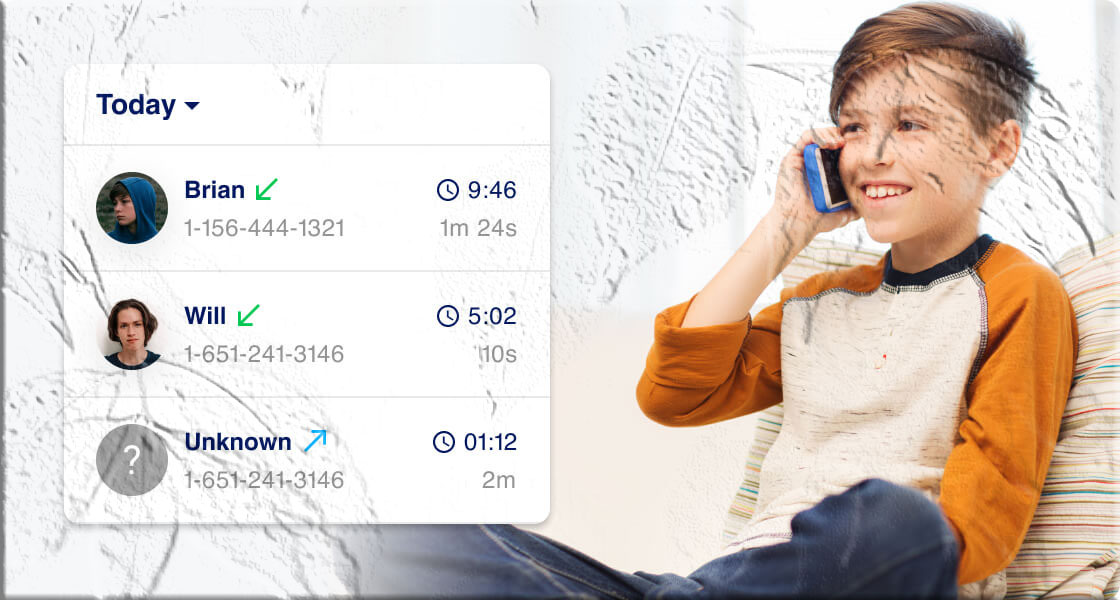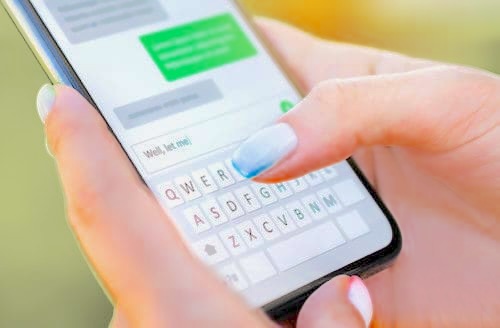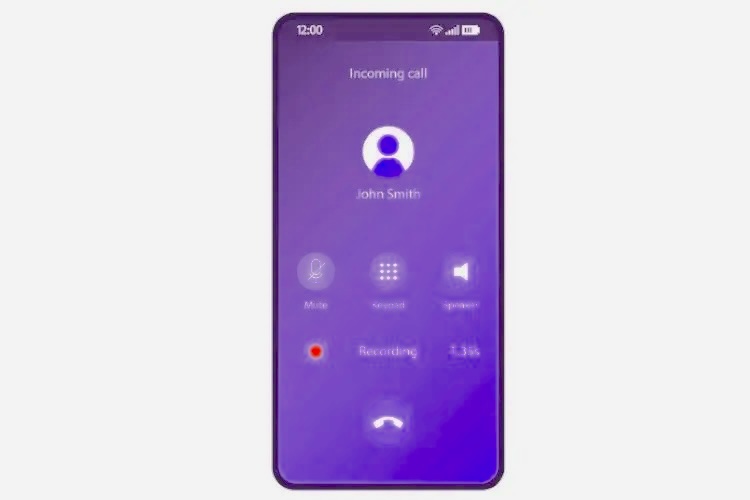Introduction
We’ve all seen spy movies where agents eavesdrop on phone calls. But here’s the unsettling truth: yes, it can happen in real life. With the right tools—spyware, SIM cloning, or even government surveillance—your private conversations may not be as private as you think.
In this guide, we’ll explain how phone tapping works, the warning signs to watch for, and the steps you can take to protect yourself.
Can Someone Really Listen to Your Phone Calls?

Absolutely. There are several ways your calls can be intercepted:
- Government Surveillance – Authorities may monitor calls for national security or criminal investigations.
- Employers or Parents – Companies sometimes monitor employees, and parents may use parental control apps to supervise children.
- Hackers – Cybercriminals exploit software vulnerabilities or install spyware to steal sensitive information.
- SIM Card Cloning – A cloned SIM allows someone to make and receive calls as if they were you.
Signs Your Phone Calls May Be Tapped
If you suspect someone is listening in, here are the red flags:
- Microphone Access by Unknown Apps: Check which apps are using your microphone. If an unfamiliar app has access, it could be recording your calls.
- Strange Noises During Calls: Clicking, beeping, or echoes may indicate interception. While poor signals can cause this, frequent disturbances are suspicious.
- Fast Battery Drain: Spyware runs in the background, encrypting and sending call data, which drains your battery faster than normal.
- Overheating: A constantly active microphone or spyware app can cause your phone to heat up even when idle.
- “Number Does Not Exist” Errors If people calling you hear this message, your SIM may have been cloned.
How to Stop Someone From Listening to Your Calls
If you notice these signs, here’s how to protect yourself:
- Cut Off Internet Access Spyware often needs Wi-Fi or mobile data to send recordings. Switch to Airplane Mode or turn off data to block it.
- Manage Microphone Permissions Review which apps can access your microphone. Revoke access for suspicious apps.
- Uninstall Suspicious Apps If you find an app you don’t recognize, uninstall it immediately.
- Report the Breach Keep evidence and report to local authorities or cybersecurity agencies. They can investigate and take legal action.
- Practice Safe Habits
- Avoid downloading apps from unverified sources
- Don’t click on suspicious links
- Be cautious with unknown callers
Conclusion
Yes, someone can listen to your phone calls—but you’re not powerless. By staying alert to the signs of tapping and taking proactive steps like managing permissions, uninstalling shady apps, and cutting off internet access, you can protect your privacy.
Remember: prevention is always better than cure. Stay cautious, and your conversations will remain yours alone.
Extra FAQs About Phone Call Tapping
Q1. Can someone listen to my calls without installing an app? Yes. SIM cloning, cell tower interception, or government surveillance don’t always require apps.
Q2. Does Airplane Mode stop call tapping? Yes, temporarily. Airplane Mode disables cellular and Wi-Fi, preventing most spyware from transmitting data.
Q3. Can WhatsApp or Messenger calls be tapped? These apps use end-to-end encryption, but if spyware is installed on your device, attackers can still record conversations.
Q4. How do I check if my SIM card is cloned? If you receive “number does not exist” errors or notice unusual activity on your account, contact your carrier immediately.
Q5. Can hackers listen to calls in real time? Yes, advanced spyware and SIM cloning can allow real-time call monitoring.
Q6. What’s the safest way to protect my calls? Keep your phone updated, use strong passwords, avoid shady apps, and regularly review permissions.




